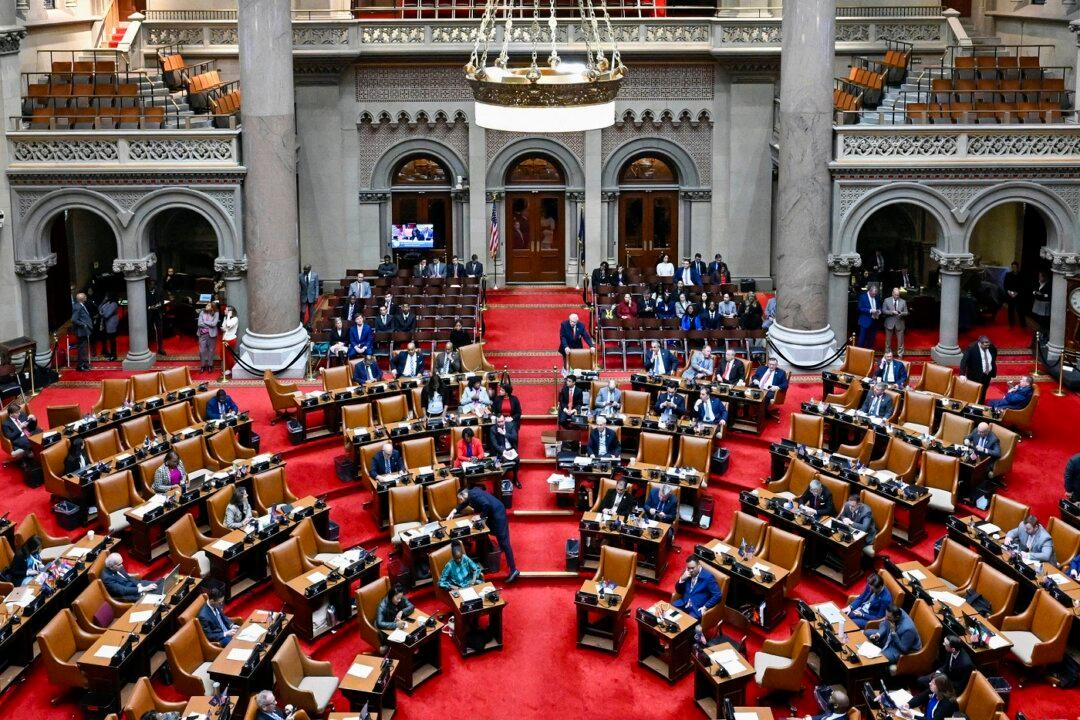A New York appeals court heard arguments this week in a case alleging that including a proposed Equal Rights Amendment (ERA) on the November ballot violates the state Constitution.
The ERA, also known as Proposition 1, would codify abortion access rights and add 11 new discrimination categories to New York’s Constitution.





